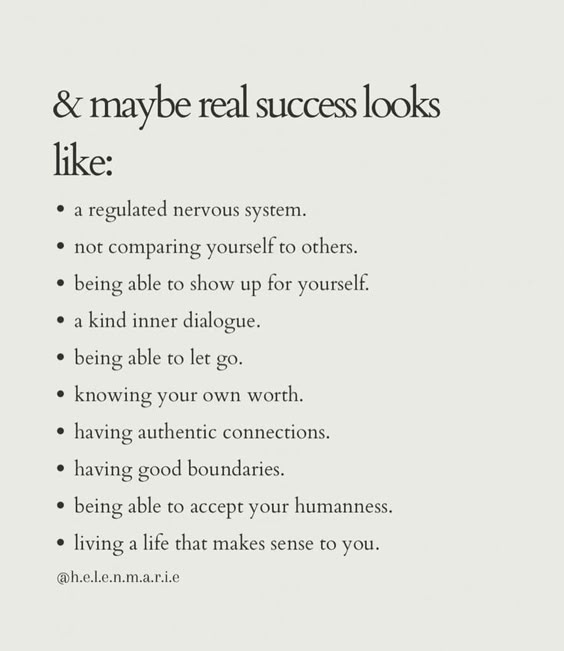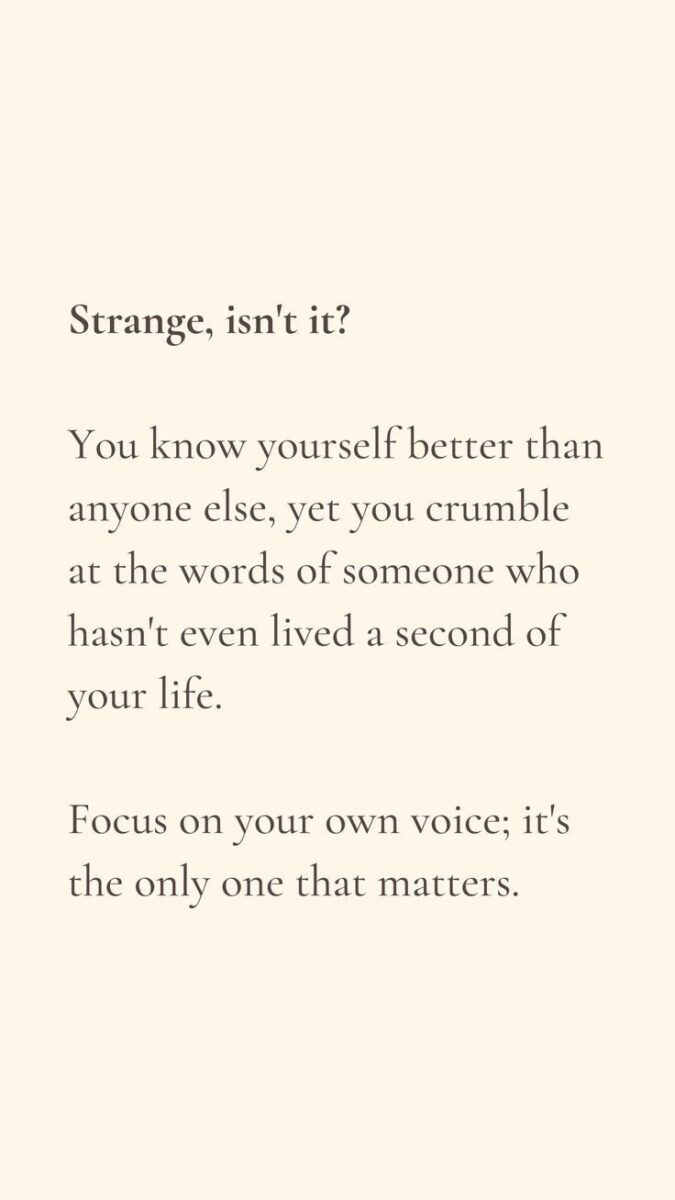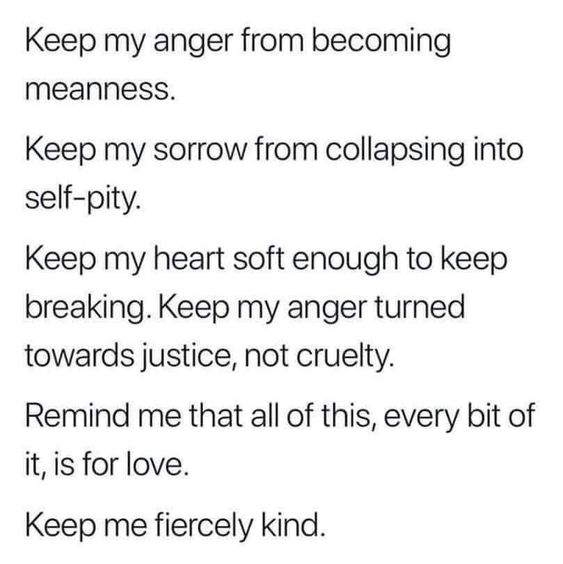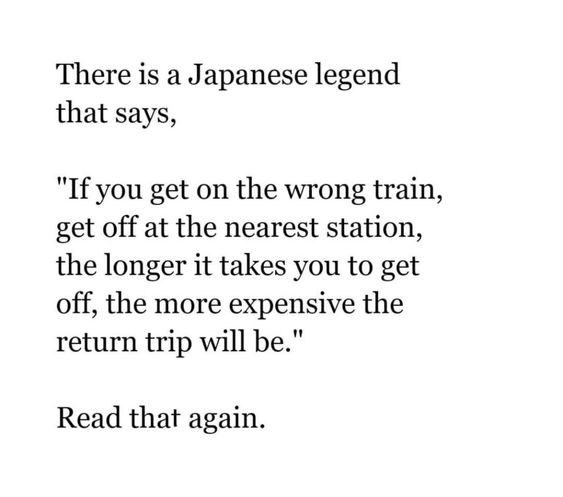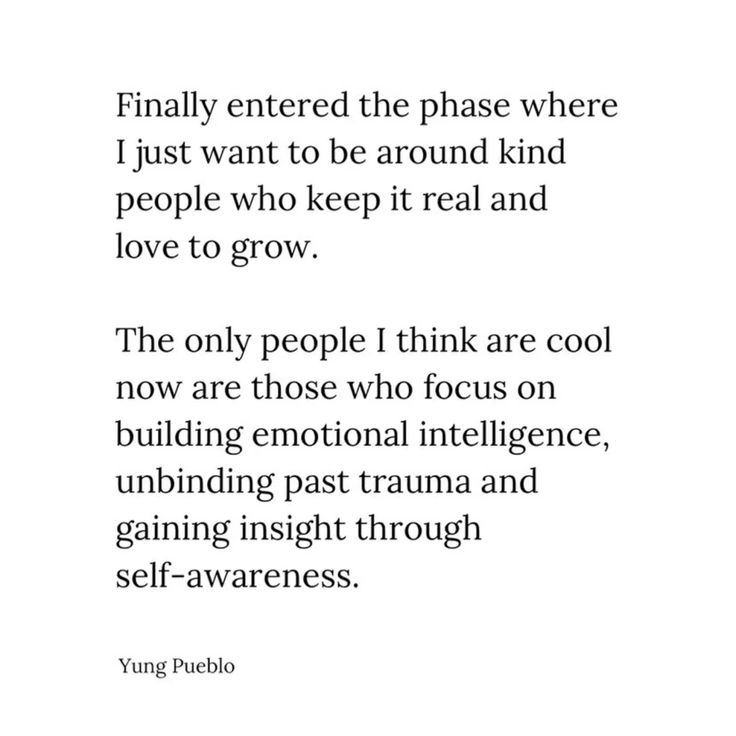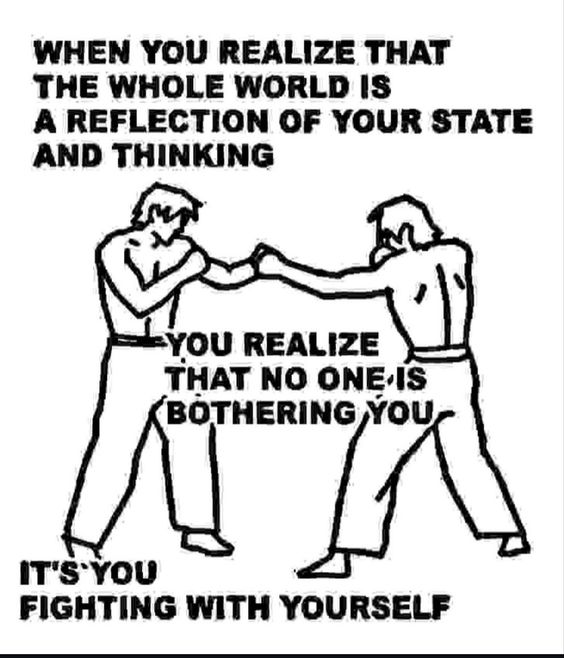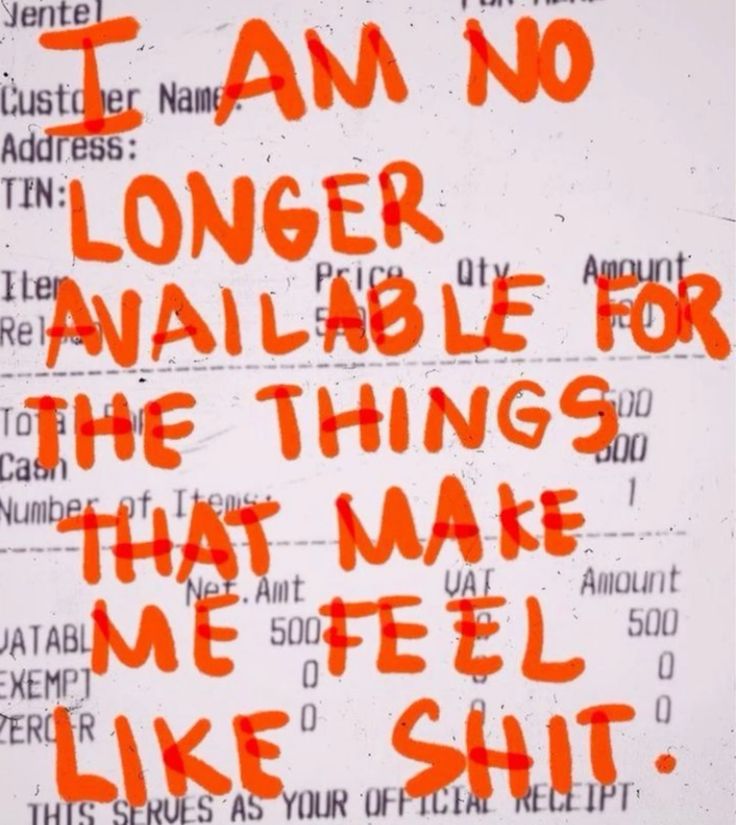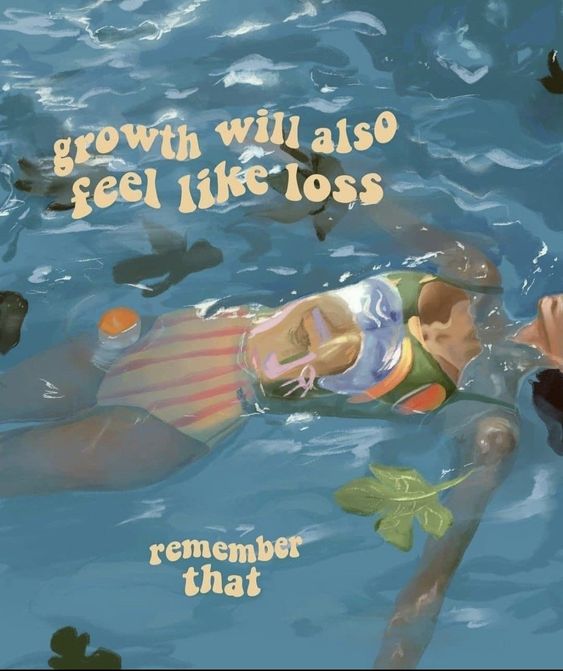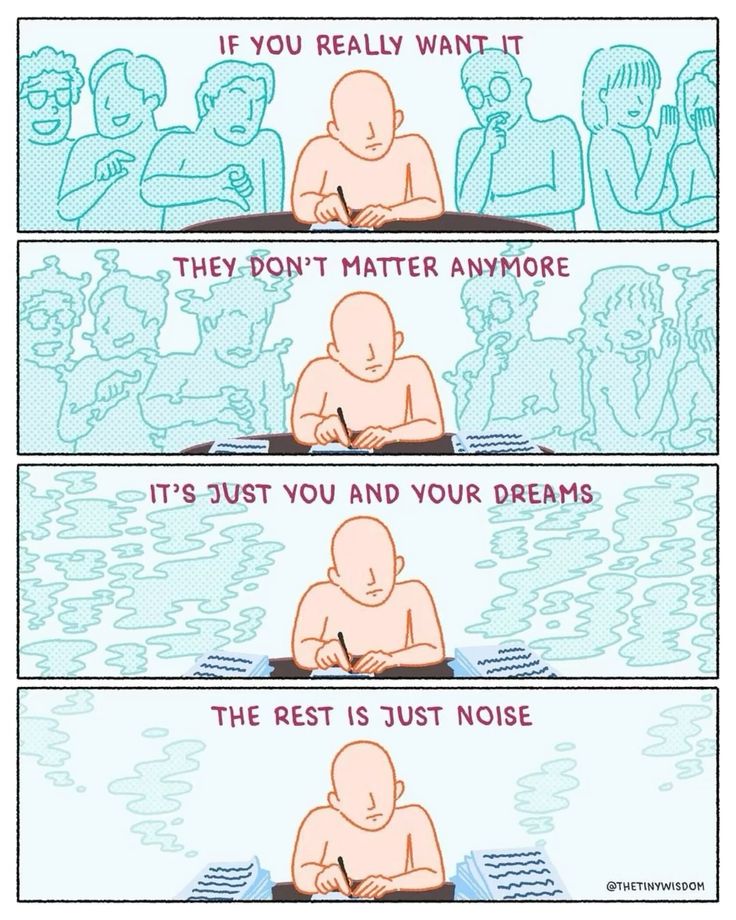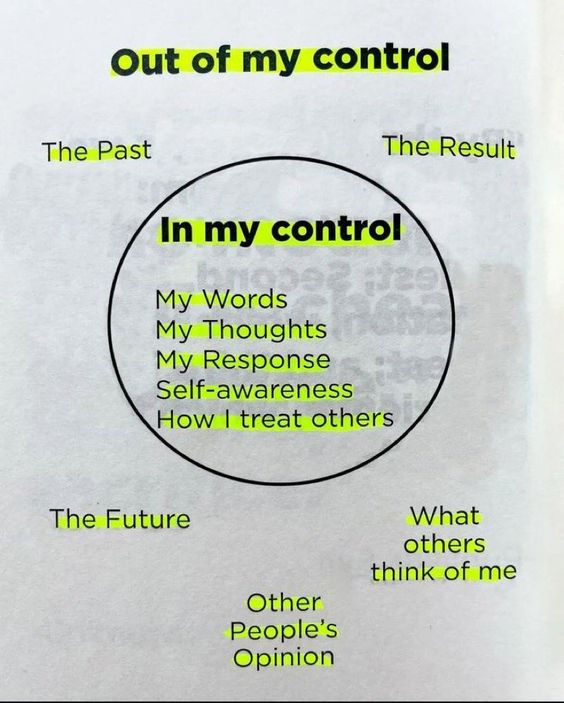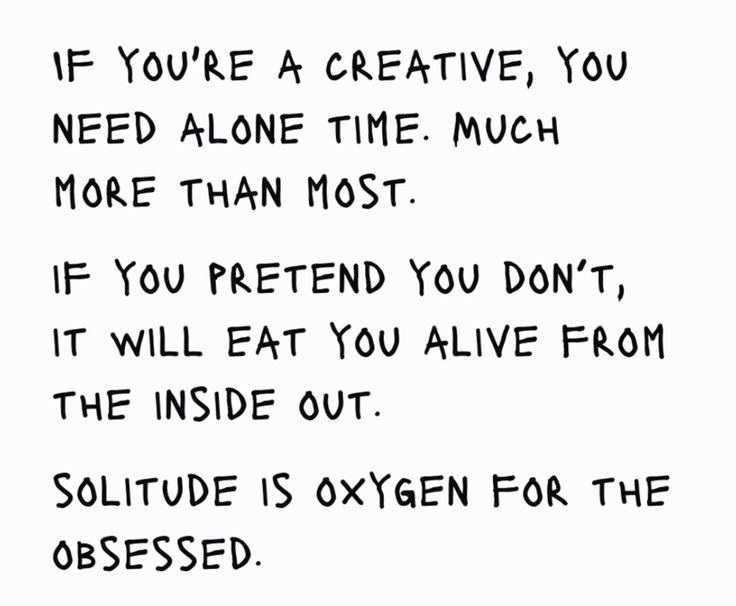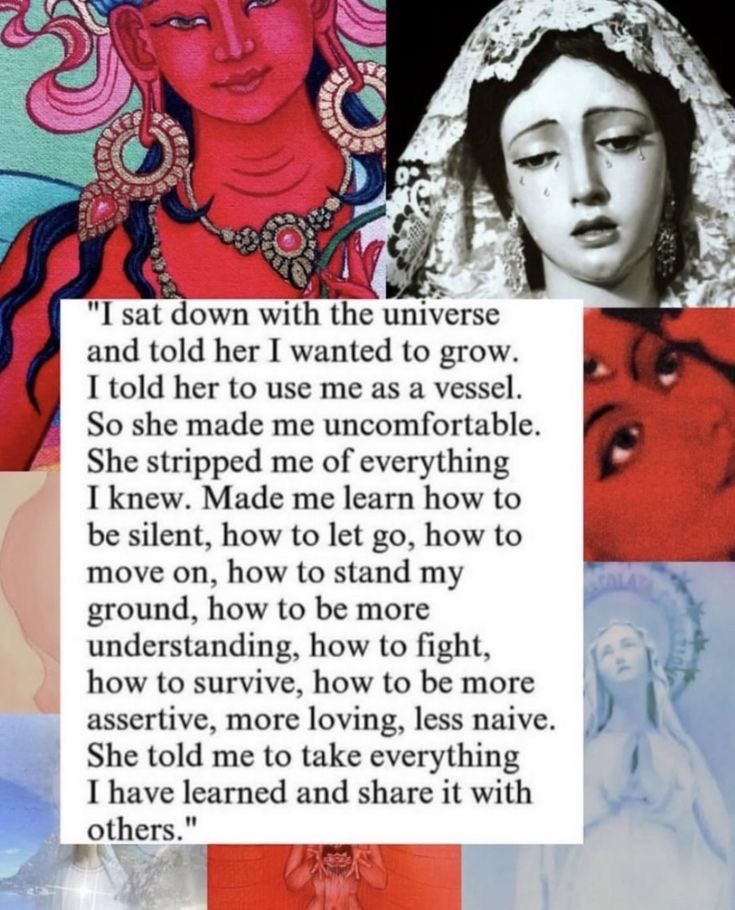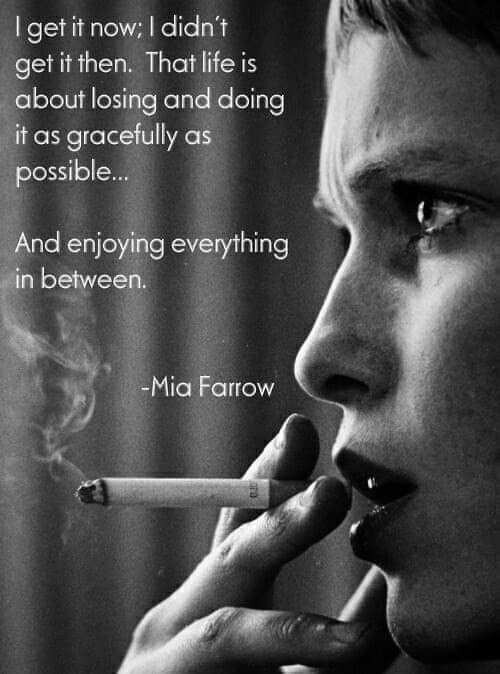“We spend our lives lost in thought. The question is, what should we make of this fact? In the West, the answer has been ‘Not much.’ In the East, especially in contemplative traditions like those of Buddhism, being distracted by thought is understood to be the very wellspring of human suffering. From the contemplative point of view, being lost in thoughts of any kind, pleasant or unpleasant, is analogous to being asleep and dreaming. It’s a mode of not knowing what is actually happening in the present moment. It is essentially a form of psychosis. Thoughts themselves are not a problem, but being identified with thought is. Taking oneself to be the thinker of one’s thoughts—that is, not recognizing the present thought to be a transitory appearance in consciousness—is a delusion that produces nearly every species of human conflict and unhappiness. It doesn’t matter if your mind is wandering over current problems in set theory or cancer research; if you are thinking without knowing you are thinking, you are confused about who and what you are.”
Sam Harris, Waking Up (Page 101)
“Even if your life depended on it, you could not spend a full minute free of thought. This is a remarkable fact about the human mind. We are capable of astonishing feats of understanding and creativity. We can endure almost any torment. But it is not within our power to simply stop talking to ourselves, whatever the stakes. It’s not even in our power to recognize each thought as it arises in consciousness without getting distracted every few seconds by one of them. Without significant training in meditation, remaining aware—of anything—for a full minute is just not in the cards.”
Sam Harris, Waking Up (Page 100)
“If, like many people, you tend to be vaguely unhappy much of the time, it can be very helpful to manufacture a feeling of gratitude by simply contemplating all the terrible things that have not happened to you, or to think of how many people would consider their prayers answered if they could only live as you are now. The mere fact that you have the leisure to read this book puts you in a very rarefied company. Many people on earth at this moment can’t even imagine the freedom that you currently take for granted.”
Sam Harris, Waking Up (Page 96)
“A woman once came to Gandhi with her child, concerned about her child’s habit of eating too much sugar. Knowing how much her child respected Gandhi, she asked him, ‘Could you please tell my daughter to stop eating sugar?’ Gandhi listened and then replied, ‘Please come back in two weeks.’ The woman and her child returned two weeks later. This time, Gandhi simply told the child, ‘Please do not eat sugar.’ Grateful, the mother thanked him, but she couldn’t help asking, ‘Why did we need to wait two weeks for you to say that?’ Gandhi said, ‘Two weeks ago, I was eating sugar.’“
Unknown
“My suffering was entirely the product of my thoughts. Whatever the needs of the moment, I had a choice: I could do what was required calmly, patiently, and attentively, or do it in a state of panic. Every moment of the day—indeed, every moment throughout one’s life—offers an opportunity to be relaxed and responsive or to suffer unnecessarily.”
Sam Harris, Waking Up (Page 95)
